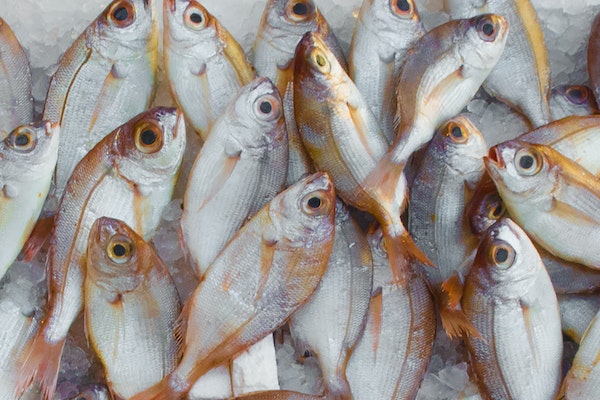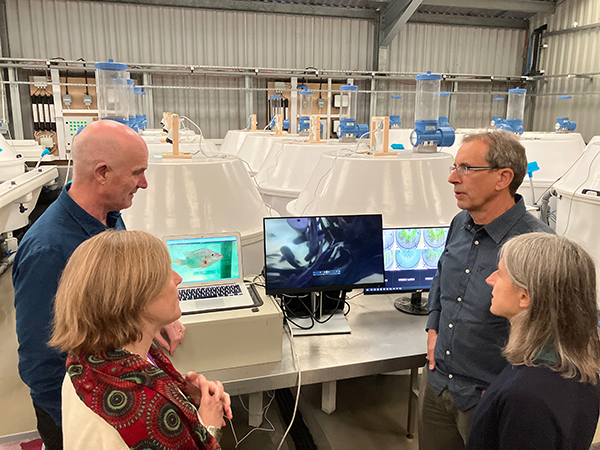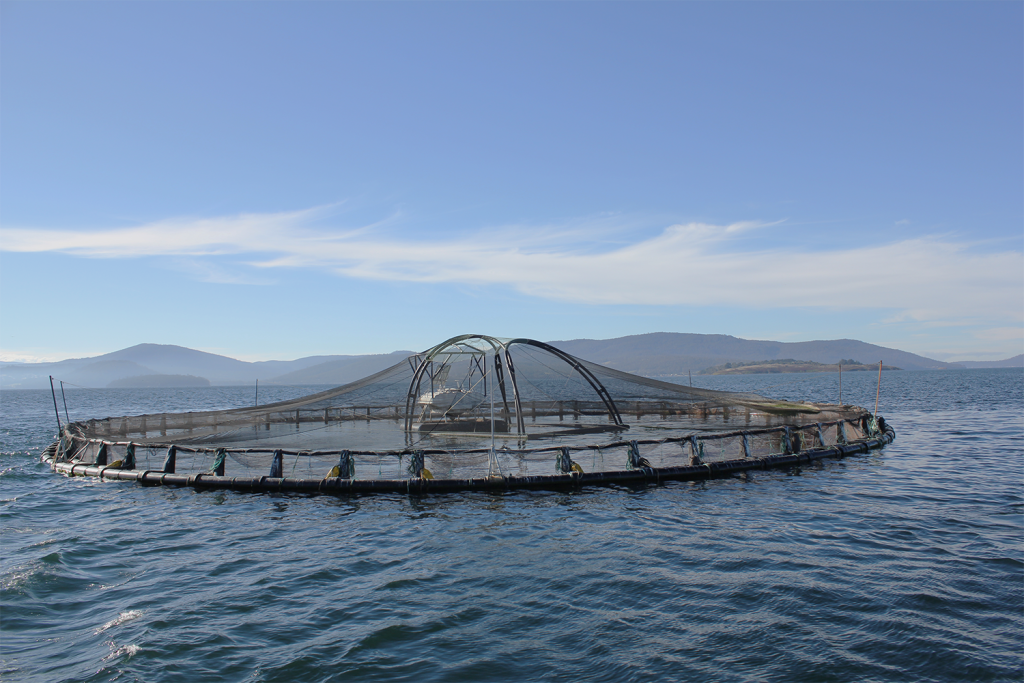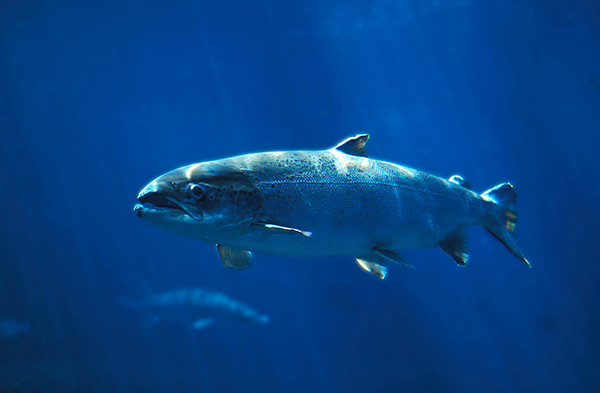Leading experts exploring new approaches for preventing aquatic fish diseases

Horizon Europe has launched a new aquaculture research project to improve fish health and welfare, with the aim to enhance the resilience of EU aquaculture.
Funded by the EU Horizon Europe program, Cure4Aqua is a €4.8 million (U.S $5 million), four-year aquaculture research project that will develop new approaches to prevent aquatic fish diseases through innovative prophylaxis and technologies for early disease detection, while also supporting the advancement of alternative treatments to replace pharmaceuticals in disease control.
“There is an urgent need to solve some of the major shortcomings and constraints that the European aquaculture industry is facing,” said Ivona Mladineo, Cure4Aqua project coordinator and researcher at the Institute of Parasitology (BCAS) in the Czech Republic. “Cure4Aqua will address these issues by building a co-creative approach with other players interested and involved in the aquaculture.”
Under this project, researchers from 16 countries are teaming up to transform aquatic animal health and welfare within the European aquaculture industry, while also supporting “the environmentally friendly, inclusive, safe and healthy production of seafood.” Leading experts will focus on these key actions:
- Develop cost-effective vaccines to prevent diseases in farmed fish
- Implement selective breeding programs to improve stress and disease management
- Develop innovative alternatives to antibiotics for controlling fish diseases at various life stages
- Develop new tools and artificial intelligence-based technology to improve fish health and welfare
- Improve diagnostics of fish pathogens
- Integrate farmer and fish welfare as a priority of aquaculture production by developing high welfare standards that consider different life stages, production systems and knowledge of welfare needs.
Farmed seafood is an important source of protein for food and animal feed, with a low-carbon footprint, essential to help build a sustainable food system. However, the control of pathogens continues to be a major challenge for the sector. This is particularly relevant for Europe, where there is a great variety of species and production systems, which hinders the implementation of good husbandry practices tailored to each aquatic species.
“Research must be at the forefront of positive changes that will ensure our food systems are sustainable while caring about high health and welfare standards for fish,” said Mladineo.
Follow the Advocate on Twitter @GSA_Advocate
Now that you've reached the end of the article ...
… please consider supporting GSA’s mission to advance responsible seafood practices through education, advocacy and third-party assurances. The Advocate aims to document the evolution of responsible seafood practices and share the expansive knowledge of our vast network of contributors.
By becoming a Global Seafood Alliance member, you’re ensuring that all of the pre-competitive work we do through member benefits, resources and events can continue. Individual membership costs just $50 a year.
Not a GSA member? Join us.
Author
-
Responsible Seafood Advocate
[103,114,111,46,100,111,111,102,97,101,115,108,97,98,111,108,103,64,114,111,116,105,100,101]
Tagged With
Related Posts

Health & Welfare
Aquaculture research project secures funding to improve farmed fish welfare in Thailand and Vietnam
The University of Stirling has secured funding to improve farmed fish welfare in Thailand and Vietnam, with the aim to enhance fish quality.

Health & Welfare
Detection and quantification of sea lice using eDNA around aquaculture locations
Novel study uses fully automated L. salmonis eDNA quantification for autonomous water sample analysis of gene targets to monitor parasitic loads.

Health & Welfare
Aquaculture researchers begin work on first non-lethal immunology testing kit for Atlantic salmon
Researchers are developing a first-of-its-kind immunology testing kit for Atlantic salmon that could monitor all aspects of fish health.

Health & Welfare
Australian aquaculture producer adopts in-water stunning technology to enhance animal welfare
Aquna Sustainable Murray Cod is installing an in-water electrical stunner to enhance animal welfare for its farmed fish.



